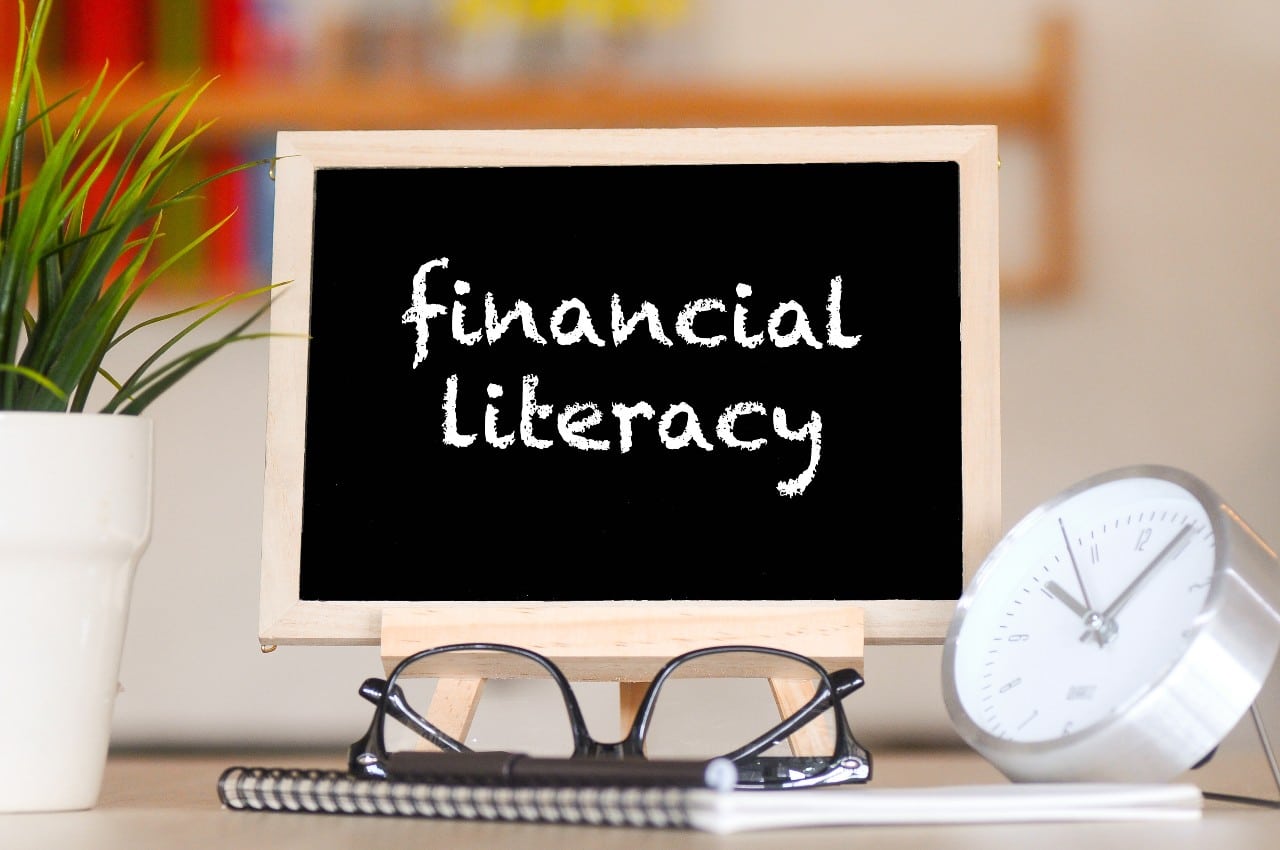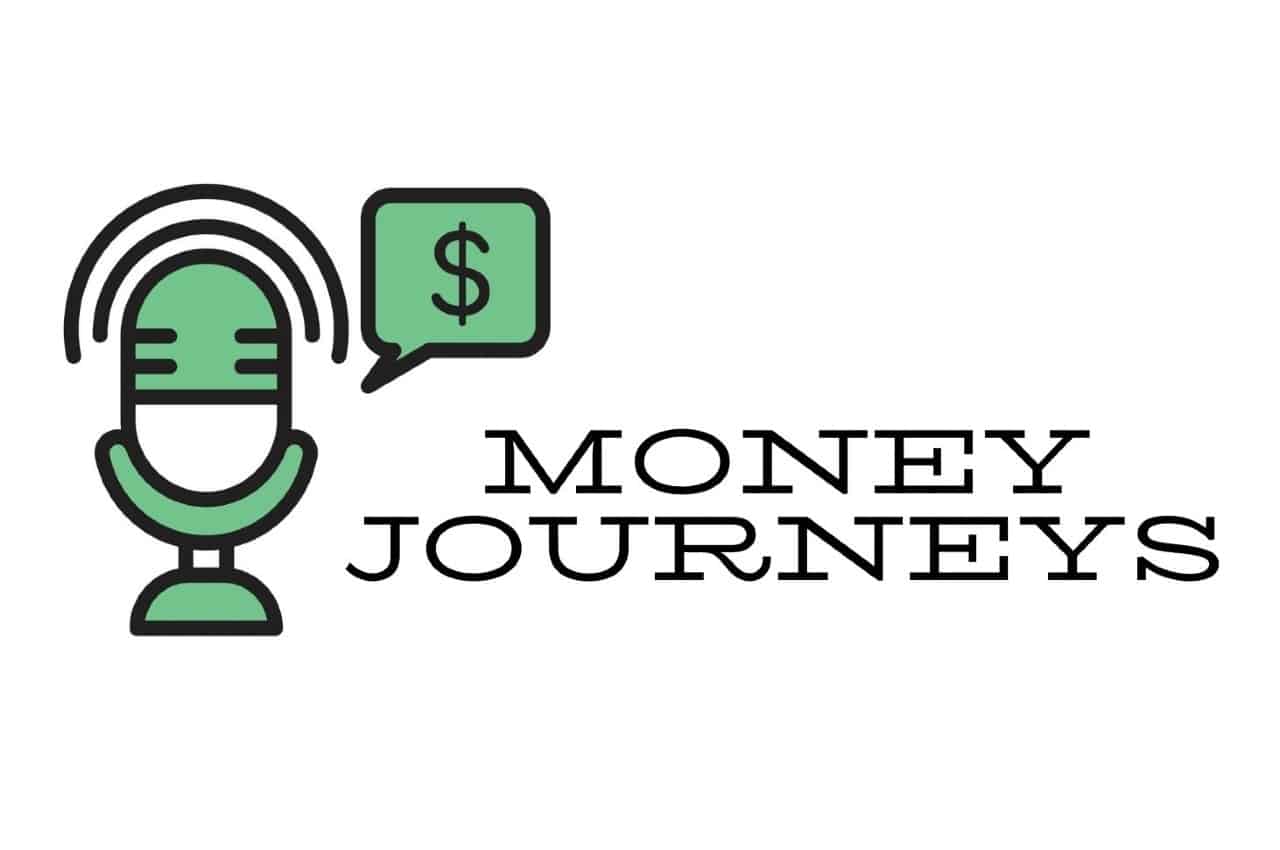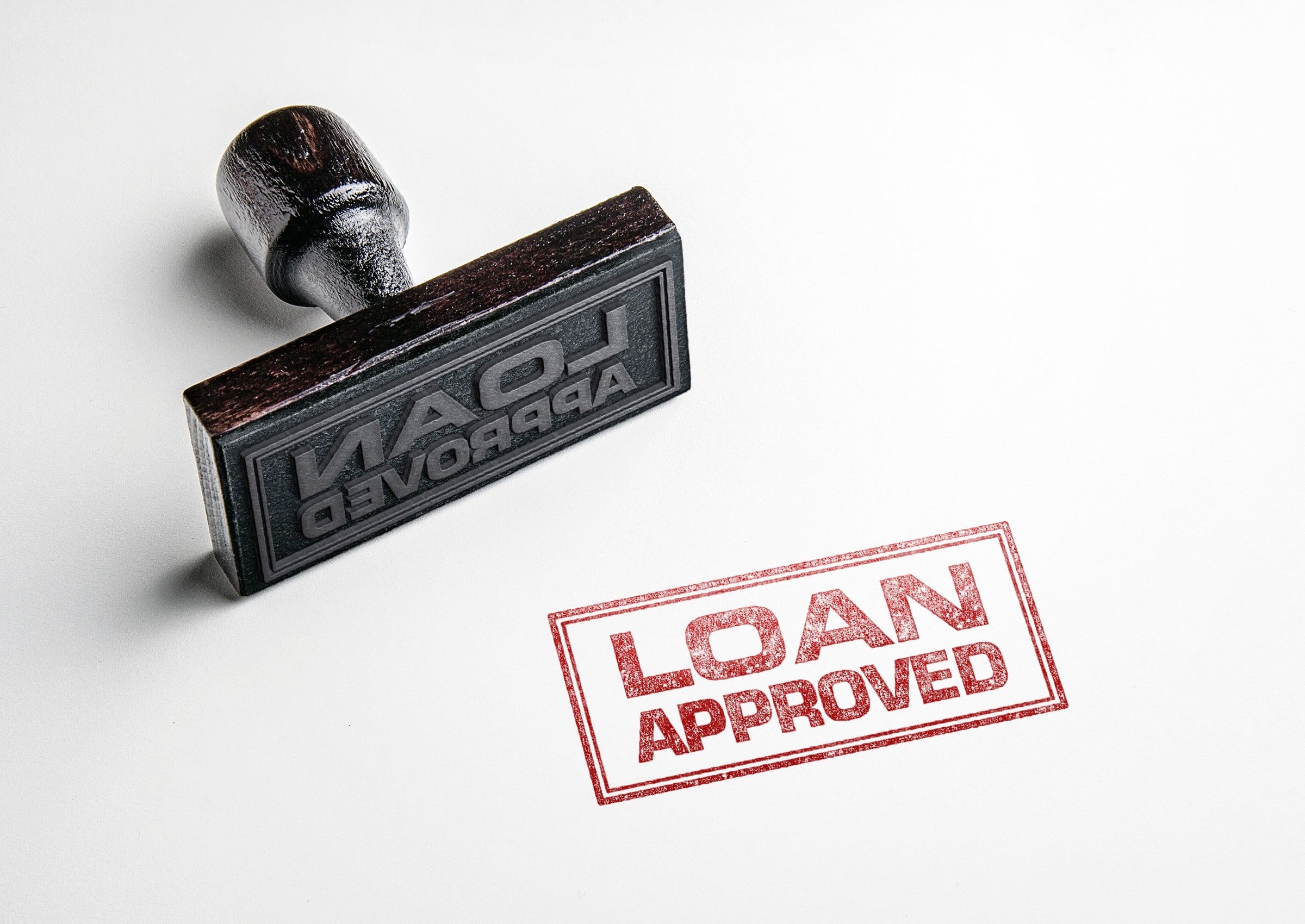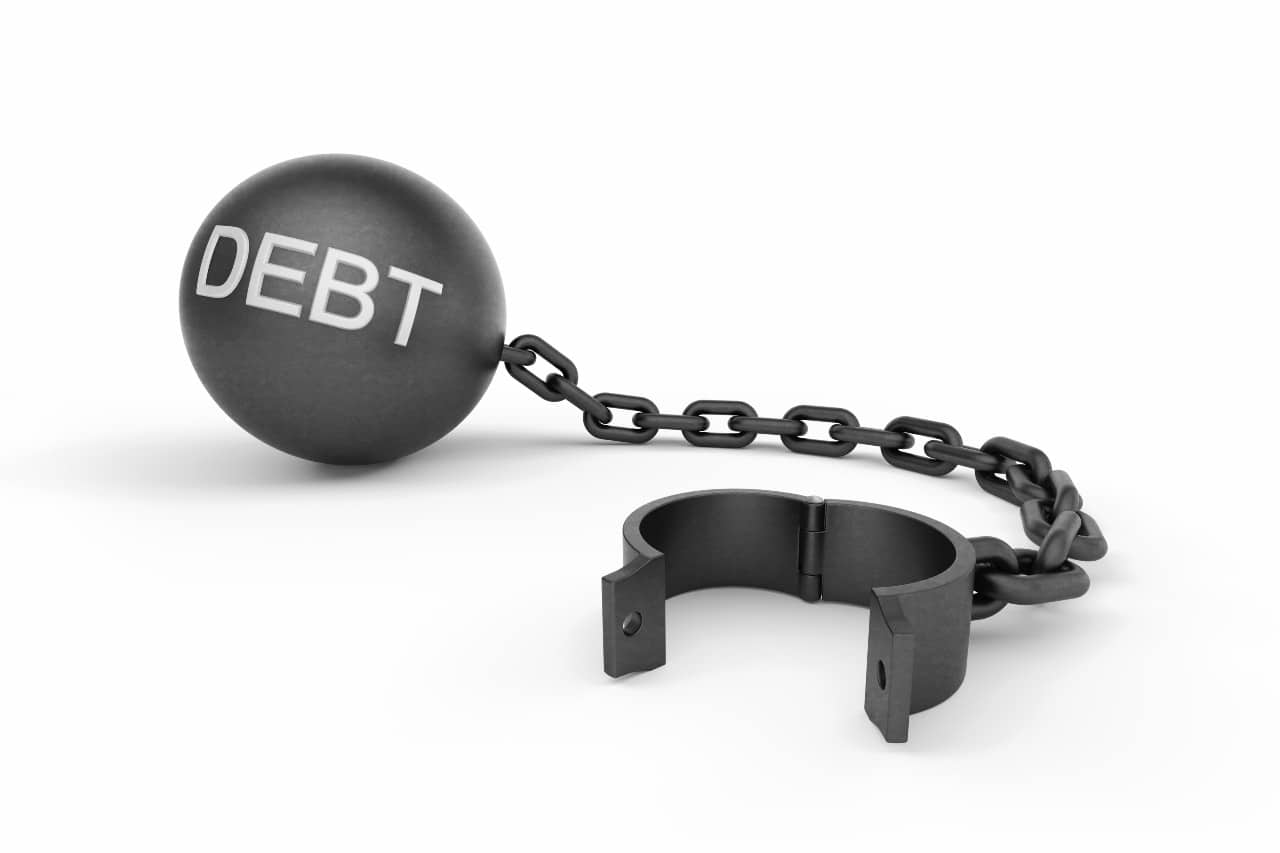November is Financial Literacy Month in Canada. This initiative is led by the FCAC (Financial Consumer Agency of Canada). Their goal is to enhance and improve Canadians’ financial knowledge and access to resources. 2024 marks the 14th year of the Financial Literacy campaign. It is part of the broader National Financial Literacy Strategy 2021-2026.
The theme for Financial Literacy Month: November 2024
This year’s theme is “Money on your Mind. Talk about it!”
The Government website says, “(this campaign is) aimed at destigmatizing conversations about money by encouraging Canadians to share their financial experiences and ask questions.”
The FCAC has touched upon an important point of financial conversations. Many Canadians find it hard or challenging to discuss finances, even with family, friends or loved ones. Many note negative feelings like shame or embarrassment coming up, preventing them from truly opening up and confiding in people. However, studies show that having open conversations about money can increase confidence as well as eventual financial outcomes. It is especially impactful for women to do so. Women have historically had lower financial knowledge and confidence in that knowledge, compared to men.
Closing the financial literacy gap
In light of this information, the government has recognized the need for this and created the National Financial Literacy Strategy and Financial Literacy Month.
The ultimate goal of our National Strategy is financial resilience. Resilience is a word more commonly associated with mental and emotional fortitude – the ability to surmount rather than succumb to the challenges that life throws our way. Researchers who study resilience examine the contribution of two principal factors to resilience. Individual characteristics, choices and actions, and external, environmental factors that either enable the individual or act as barriers on their road to resilience. The path to financial resilience is no different. We need to help consumers take individual action, and we need an ecosystem that enables consumers’ ability to surmount shocks and adversity and build resilience.
Dr. Supriya Syal, Deputy Commissioner, Research Policy, and Education
Every November, we support the government in this endeavour of improving financial literacy for all Canadians. This year we are talking about having open conversations around money. Our goal with this series is to showcase how financial literacy depends on many factors and to support you in the journey of taking charge of your finances with confidence.
With the right knowledge and tools, it becomes possible to stretch those dollars further. Having transparent conversations is a part of building your financial knowledge. There is much to learn from each other, and this can only come about by sharing your financial experiences. Budgeting, saving, and investing will support you on the way to being more confident about your finances.
Ways to participate in Financial Literacy Month
The Financial Consumer Agency of Canada (FCAC) urges Canadians to “take action by doing one thing” this November. It could be anything that can boost your financial confidence – check your credit score, or talk to a friend or financial professional.
Here are some more of our suggestions on ways to participate in Financial Literacy Month in Canada this November:
Create or review your budget
If you’ve been curious about making and sticking to a budget, this is a great time to try it out. If you do have one in place, review your budget to make sure it serves you well, and that you have allocated enough for all your important categories. It’s perfectly fine to reallocate funds if circumstances or priorities change. Remember, your budget should serve you and your goals, however, it can be modified at any point to suit your current financial priorities.
Emergency fund
An emergency fund is one of the first things we recommend doing when you start budgeting and allocating your funds. Ideally, an emergency fund should have 3-6 months of living expenses. While this is a great goal to work towards, don’t be put off by the big amounts! Start with a goal of $500, and you can add to it over time to make it a bigger fund. Even $500 to cover an unexpected expense could make the difference between being further in debt or not. Every penny counts, even more so when you’re in debt.
Make a debt repayment plan
If you’re currently dealing with debt, the first step is to make a debt repayment plan. In many cases, reviewing your budget and reallocating funds can help you start paying off the debt. There are many strategies you can use for credit card debt, like the snowball method or the avalanche method. If you’re finding it overwhelming, or don’t think you would be able to readjust your budget, look into methods like debt consolidation, debt management programs, consumer proposals, or bankruptcy. You could also reach out to our trained credit counsellors for advice – they can help you figure out which debt relief strategy could be the right fit for your specific situation.
Attend financial literacy classes or webinars
Government and non-profit agencies alike often hold programs or webinars to provide neutral, useful information that can help you on your journey toward financial confidence. Like many other things, personal finance also has a learning curve. Whether you already know a little or are starting from scratch, you will be able to find resources that can help you take your knowledge to the next level. Having that financial knowledge will empower you to make choices that support your goals and advocate for yourself.
Make a financial plan with goals
After you have put together a budget and have access to resources, it might be a good next step to create a financial plan. Putting together a plan like this can help you allocate your funds in a way that supports your larger life goals. Whether you want to switch careers, go back to school, become debt-free, pay off student loans, or save for retirement, it can all be supported by a clear financial plan. It can help you narrow down what’s truly important to you, and your income can support those endeavours.
Follow financial literacy creators on socials
There’s been a lot of conversation around finances online and on social media. Participating in financial trends – that you are comfortable with – can also help you learn new ways to handle money, and maybe find something that resonates with you. There are many financial literacy and personal finance-focused content creators online, which is a great place to start. You might learn more simply by following them, and you might start incorporating some tips in your own money management. If nothing else, you will come away with some financial knowledge, tips or resources that you may not have known about before. Just do your due diligence to assess the reliability of the credentials and information that these creators are sharing.
Talk about money!
Try having more open conversations around money. This does not mean disclosing particulars of your finances that you don’t want to share, but simply talking about something that may be weighing on your mind or something you need a solution for. You never know who may have the right resources or information that can direct you toward the path that works for you. If not in person, try online communities or forums that focus on personal finance; they can be a good source of unbiased information.
Resources
- Budget Planner
- Financial Goal Calculator
- Mortgage Calculator
- Vehicle Lease vs. Loan Calculator
- Mortgage Qualifier Tool
- Retirement Income Calculator
- Financial Literacy Self-Assessment Quiz
- Credit Card Payment Calculator
- Canadian Financial Literacy Database
- Participate on social media with #MoneyOnYourMind!
Financial Literacy Month is a reminder there are many tools available to Canadians to help them with budget planning, paying down debt, and setting financial goals. What is important for us as a government is helping make life more affordable—and good financial literacy is a part of that. I encourage any interested Canadian to take some time this month and learn more about how to manage their money. It is never too late to start a personal financial plan.
The Honourable Chrystia Freeland, Deputy Prime Minister and Minister of Finance
Key takeaways
Having open conversations about money can increase people’s confidence and eventual financial outcomes. This year’s theme for Financial Literacy Month in Canada is “Money on your Mind. Talk about it!”
The goal is to destigmatize conversations about money. The Financial Consumer Agency of Canada (FCAC) wants Canadians to share their experiences and ask questions. You can talk to friends and family, or a personal finance professional.
There are resources that provide neutral, helpful, and reliable information that can support your financial journey. Depending on your comfort level, you can have open conversations or share your experience and thoughts with a like-minded community, even online. While it might seem vast and daunting, budgeting, saving, and making a plan to get out of debt is a great place to start! If you need help with a debt plan contact one of our trained Credit Counsellors for a free consultation.










